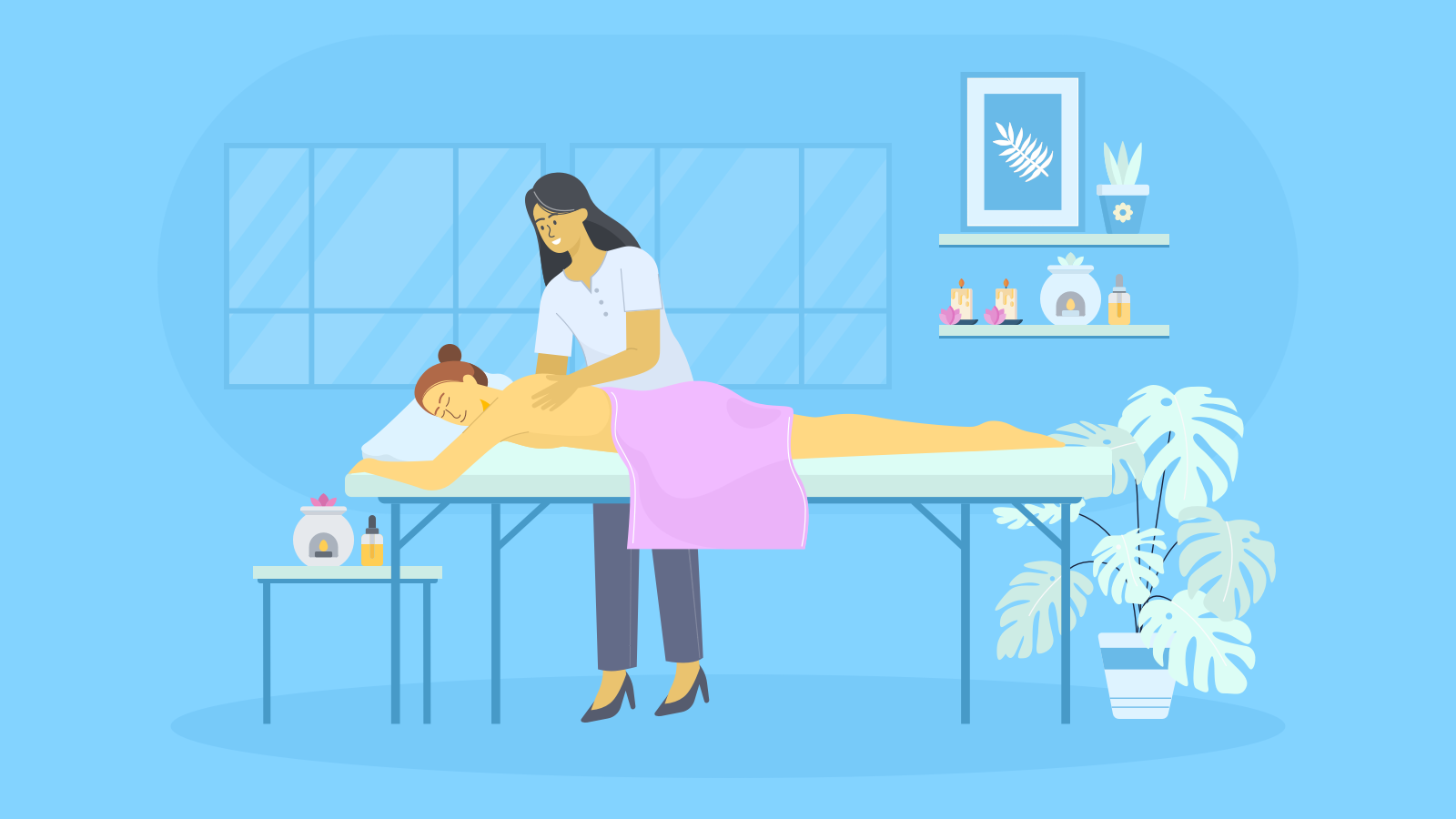The therapeutic massage industry encompasses specialized techniques developed across different cultural traditions and healing philosophies. This diversity presents opportunities and challenges for consumers seeking specific therapeutic experiences, from ancient modalities to contemporary approaches based on recent research. The latest online reservation platforms have developed sophisticated tools to help customers find practitioners skilled in precisely the technique that matches their needs.
Technique-specific educational content
Quality reservation platforms serve as educational resources, offering detailed explanations of specialized techniques beyond simple service listings. This educational content typically includes the historical development of each modality, underlying philosophical principles, specific methodologies employed, and distinctive benefits compared to more mainstream approaches.
This educational function proves particularly valuable for specialized techniques with limited mainstream recognition. While most consumers understand basic concepts like “deep tissue massage,” fewer are familiar with specialized approaches like Gua Sha, Tui Na, or Lomi. Comprehensive educational content helps customers understand these specialized options before committing to appointments, reducing misaligned expectations while expanding awareness of available therapeutic approaches.
Practitioner specialization transparency
Effective platforms provide detailed information about practitioner training and experience in specialized techniques rather than generic credentials. Instead of simply listing certified massage therapists, sophisticated systems display specific training history, advanced certifications in particular modalities, continuing education in specialized techniques, and practical experience hours in specific approaches.
This specialization transparency helps customers distinguish between practitioners with cursory exposure to a technique and those with deep expertise. Some platforms implement specialized credential verification specifically for specific modalities, with visual indicators showing authenticated training in techniques requiring specialized certification or lineage-based training.
Technique-focused review systems
Advanced reservation platforms have evolved beyond general service reviews to implement technique-specific feedback systems. These specialized review mechanisms allow clients to rate and comment on their experience with particular modalities rather than just the overall service. This granular feedback creates a valuable knowledge base about how practitioners execute specific techniques.
The most sophisticated systems analyze review content using natural language processing to identify comments about technique execution. They create searchable databases where customers can find practitioners who are particularly praised for implementing specific modalities. This approach transforms subjective customer feedback into a practical discovery tool for specialized techniques.
Multimedia demonstration resources
Text descriptions alone often prove insufficient to convey the distinctive nature of specialized massage techniques. Leading platforms incorporate multimedia resources, including technique demonstration videos, comparative motion graphics, and interactive body maps showing different modalities’ approaches and pressure patterns. These visual resources help customers understand subtle differences between seemingly similar techniques and set appropriate expectations about the experience. Some platforms even provide split-screen comparisons between related modalities, assisting customers to make more informed choices between specialized options.
Condition-specific technique matching
Sophisticated reservation systems increasingly implement condition-matching algorithms that connect specific health concerns with appropriate specialized techniques. Rather than requiring customers to research which modalities might address their particular issues, these systems allow customers to input specific conditions or symptoms and receive recommendations for specialized techniques suited to those concerns. These matching systems often incorporate research-based connections and aggregated experiential data from customer reviews, creating hybrid recommendation engines that balance traditional wisdom with contemporary evidence and client experiences.
Specialized technique comparison tools
To help customers distinguish between similar-sounding specialized techniques, quality platforms implement side-by-side comparison tools designed explicitly for related modalities. These comparison interfaces address key differentiation points, including pressure levels, movement styles, therapeutic focus, clothing requirements, and expected sensations during treatment. Insightful comparisons assist in distinguishing between massage variations, making selecting a suitable 서울홈타이 session easier. These tools facilitate more precise technique selection by highlighting specific distinctions rather than general service attributes.


